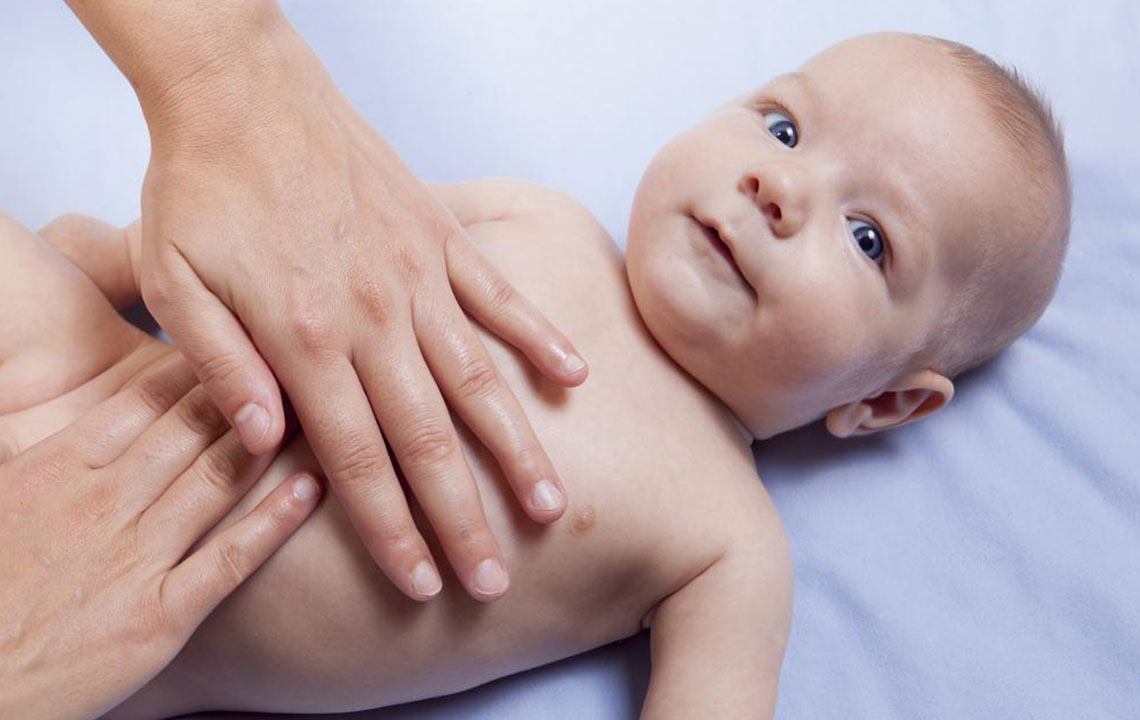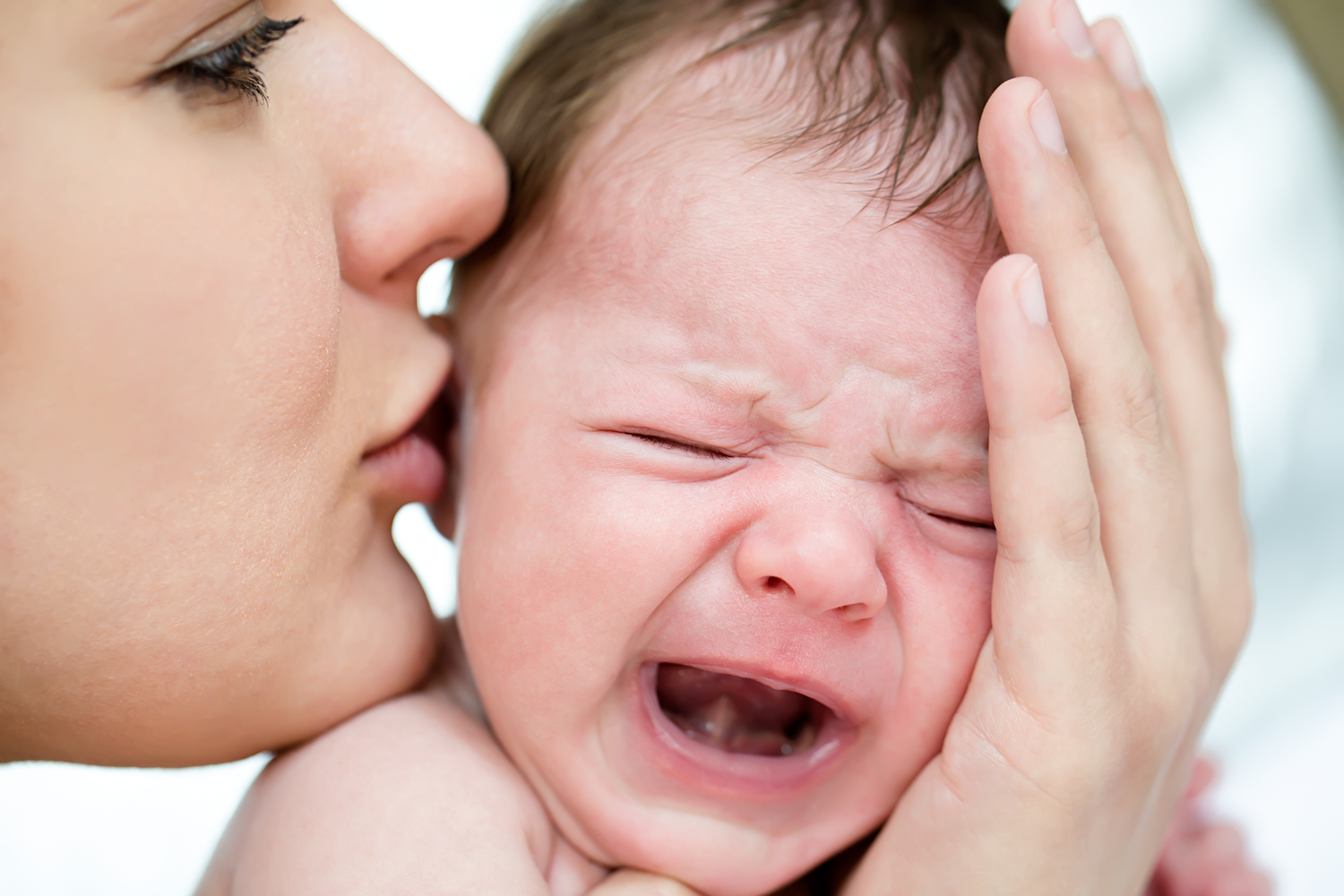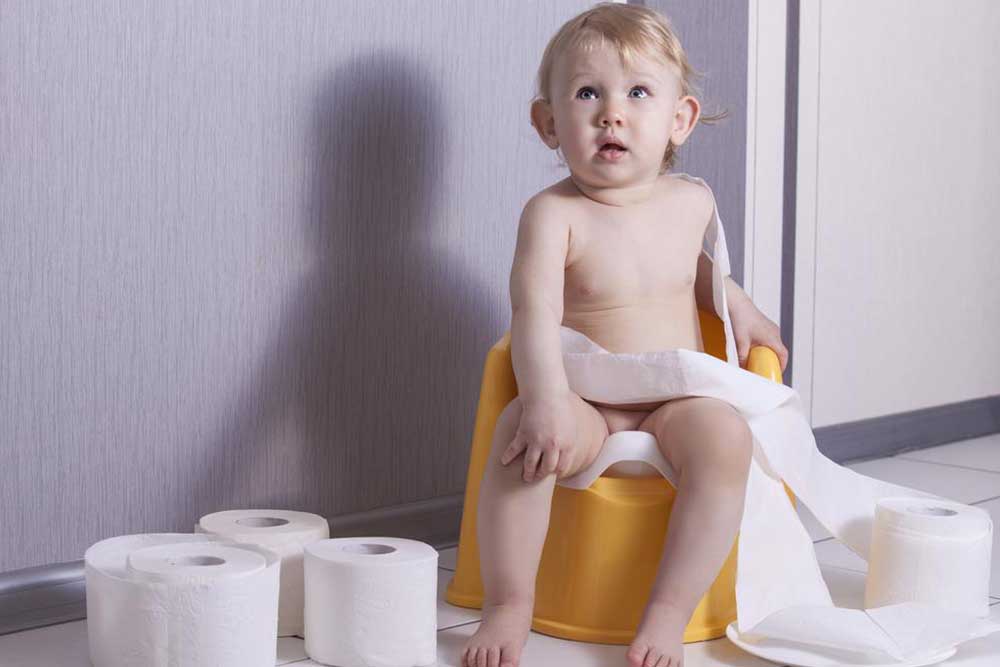Essential Guide to Relieving Baby Gas Discomfort
Learn effective strategies to alleviate baby gas discomfort. This comprehensive guide covers symptoms, causes, and practical remedies like proper feeding positions, burping, and gentle massages. Helping your baby pass gas peacefully not only eases their distress but also reduces parental stress. Always consult a pediatrician for personalized advice. Most infants naturally outgrow gas issues as their digestive system matures, ensuring a happier, more comfortable experience for both baby and parents.
Sponsored

New parents often face the challenge of their baby experiencing discomfort or digestive upset. During their first year, babies are susceptible to various health concerns, one common issue being a bloated or gassy tummy. Many parents feel anxious about their baby's well-being, especially during the initial months of parenthood.
Digestive and intestinal disturbances are frequent as a result of the still-developing gastrointestinal system, making babies more prone to gas and bloating. Since their digestive system is sensitive to new foods, gas buildup is quite typical.
Baby gas relief not only eases your little one's discomfort but also alleviates stress for parents. There are simple steps parents can take to help their baby pass gas comfortably. However, always consult a pediatrician before trying any remedies.
Signs of Gas in Infants
Common indications include:
Burping
Burping is a natural way for babies to release excess air. While it's normal for infants to belch after feeding, frequent or forceful burps might suggest they’re swallowing too much air during feeding.
Spitting Up
It's typical for babies to spit a little after meals, often along with burping. Causes beyond gas include feeding too quickly, milk particles, or formula type.
Bloating
Swollen, distended abdomen indicates gas accumulation. It can cause discomfort or pain and sometimes appears with stomach cramps.
Flatulence
Frequent passing of gas signifies the baby is trying to eliminate excess intestinal gas, often due to an immature digestive system.
Excessive Crying
Crying more than three hours, multiple times a week, can be a sign of gas discomfort.
Restlessness and Sleep Difficulties
Gas pain can disrupt sleep, leading to increased fussiness. If your baby is unusually restless, consult a healthcare professional.
Common Causes of Gas in Babies
Gas results from normal digestion but can cause issues when it builds up excessively. Main causes include:
Overfeeding
Swallowing Air
Baby crying excessively may lead them to swallow more air, adding to existing gas.
Immature Digestive Tract
The digestive system matures over time; delays can lead to improper digestion and gas formation.
Feeding Technique Errors
Incorrect latching or bottle positioning can cause the baby to swallow air during feeds.
Food Allergies
Foods consumed by the mother, passed through breast milk, or certain formulas, may trigger allergic responses leading to gas.
Managing Baby Gas
Seeing your baby in discomfort can be distressing. Implementing effective strategies not only relieves their symptoms but also provides peace of mind for parents.
Effective Relief Methods
Correct Feeding Posture
Position your baby upright with head and neck supported during feeding to prevent air swallowing. Avoid reclining positions during feeding to reduce trapped air.
Choose Appropriate Bottles
Use bottles with soft, naturally fitting nipples to minimize air intake. Proper nipple fit eases suckling and reduces swallowing air.
Frequent Burping
Burp your infant after each feeding to facilitate the release of trapped air and alleviate discomfort.
Relaxed Feeding Environment
Keep feeding calm and unhurried, ensuring your baby is not overly hungry or stressed, which can worsen gas issues.
Stomach Massage
Gentle tummy massages can help move gas along and provide soothing relief. Keep your baby warm and comfortable for additional comfort.
Remember, most babies outgrow gas problems within a few months. With appropriate care and attention, you can help your little one stay comfortable and healthy.





